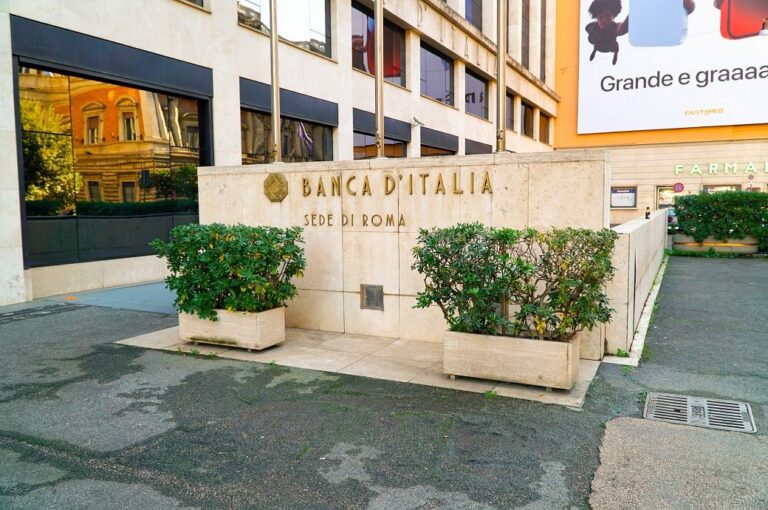
[ad_1]
Harmonised consumer price inflation stood at 12.3 per cent in December on an annual basis, still buoyed by the energy component, which continues to pass through to the prices of the other goods and services. “According to our estimates, which include both direct and indirect effects, energy accounted for just over 70 per cent of overall inflation on average in the fourth quarter. The government’s energy-related measures appear to have mitigated consumer price growth by more than 1 percentage point over the same period,” the bank said in its Economic Bulletin No. 1 – 2023.
Economic activity in Italy weakened in the last quarter of 2022, due to both the waning recovery in services, where value added had already regained pre-pandemic levels in the summer, and the decline in industrial production, as per the estimates of Bank of Italy, the country’s central bank. Household spending appears to have slowed down.
The firms taking part in the Bank of Italy’s surveys consider that investment conditions are still unfavourable. After remaining unchanged over the summer, the employment grew slightly in October and November. Wage growth remains moderate.
Based on the bank’s latest projections—which continue to be purely indicative, given the current environment of high uncertainty, stemming above all from the ongoing conflict in Ukraine—in the baseline scenario, after an increase in GDP of almost 4 per cent in 2022, growth will weaken to 0.6 per cent in 2023, and strengthen again in the following two years.
Consumer price inflation, which rose to almost 9 per cent last year, is projected to decline to 6.5 per cent in 2023 and at a faster pace, thereafter, reaching 2 per cent in 2025. Under an adverse scenario that assumes a permanent suspension of the supply of gas from Russia to Europe, GDP would fall in 2023 and 2024, and would grow moderately the following year. Consumer price inflation would rise further this year, before declining markedly in the next two years, as per the bank’s Economic Bulletin.
In the fourth quarter of 2022, the global economic outlook continued to be affected by the repercussions of the war in Ukraine, high inflation and weakening economic activity in China. The slowdown in global demand contributed to moderating the price of oil. Natural gas prices have fallen sharply in Europe thanks to the mild temperatures, the reduction in the demand for industrial use, and the considerable stocks accumulated. Based on their latest forecasts, international institutions expect global growth to weaken this year.
Fibre2Fashion News Desk (KD)
[ad_2]
Source link